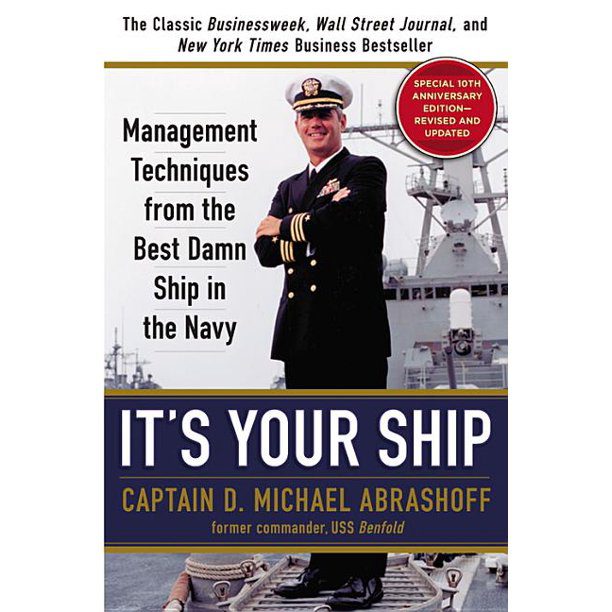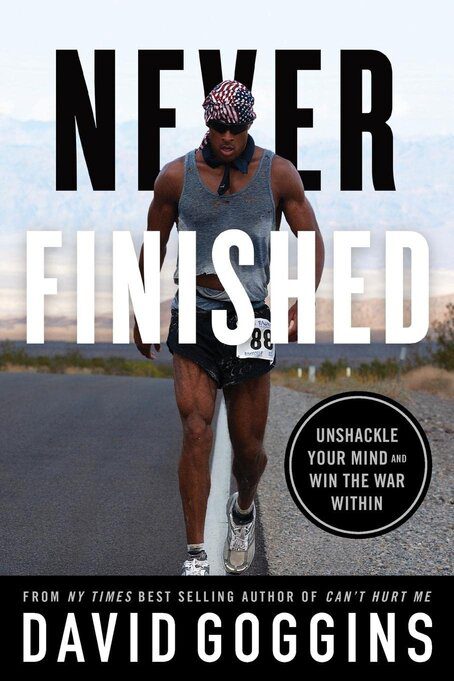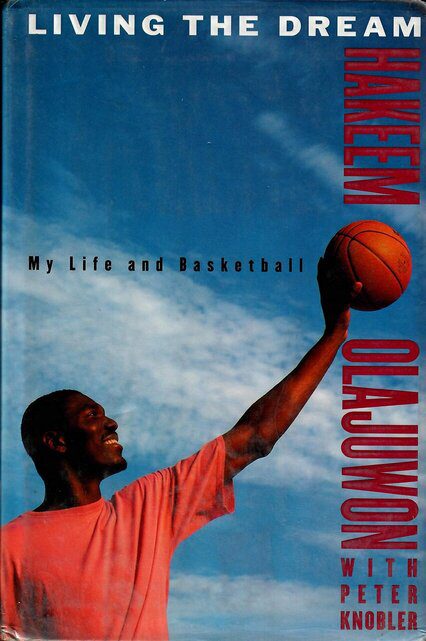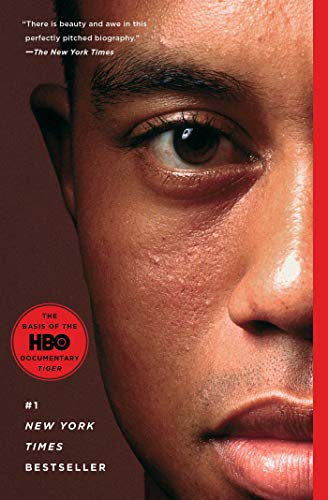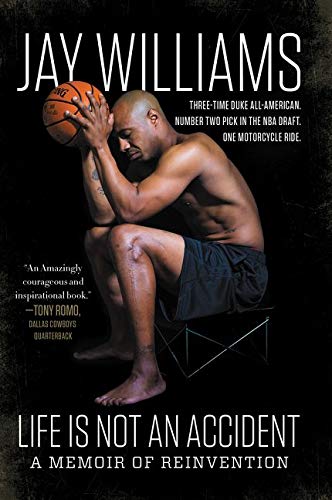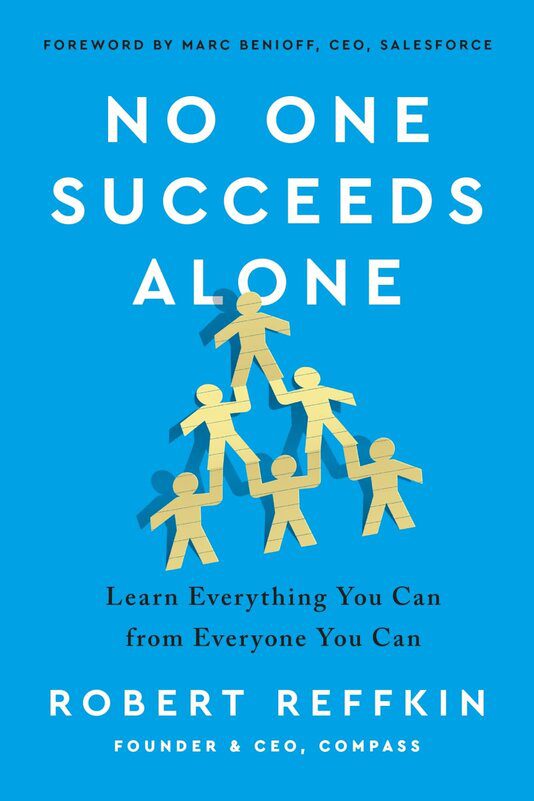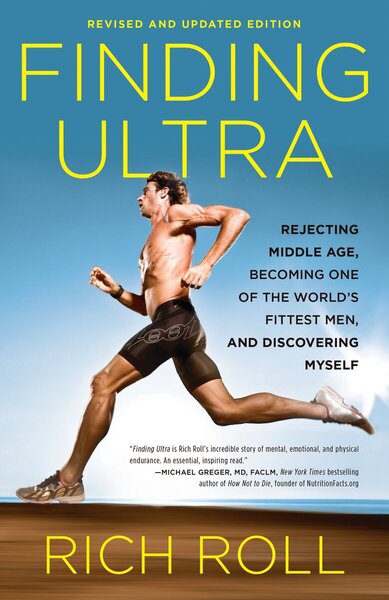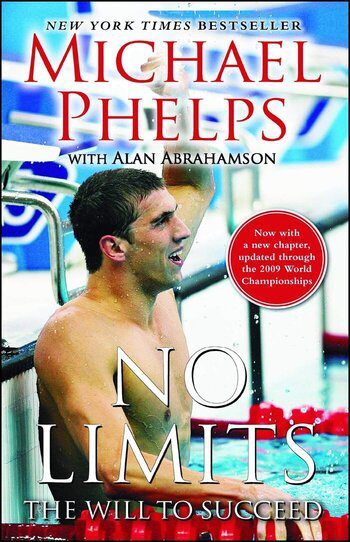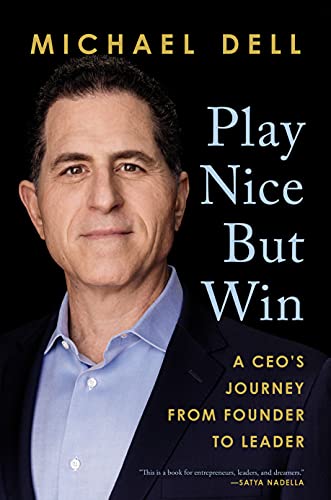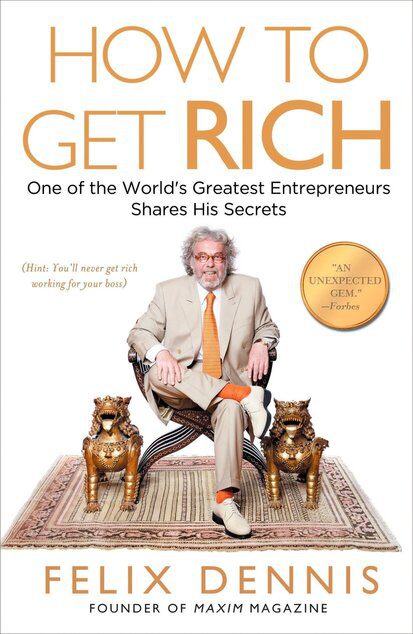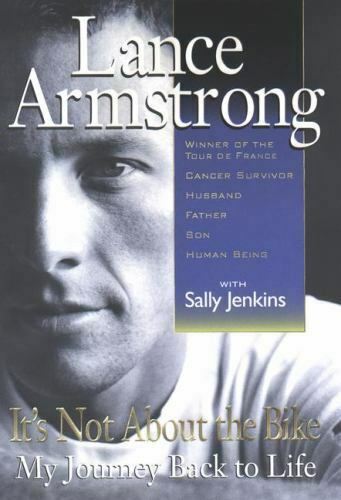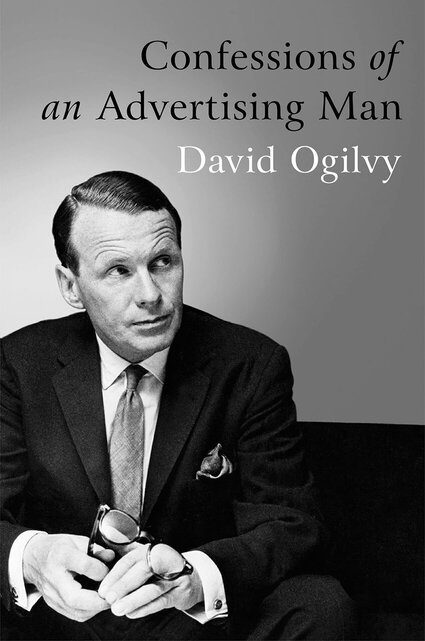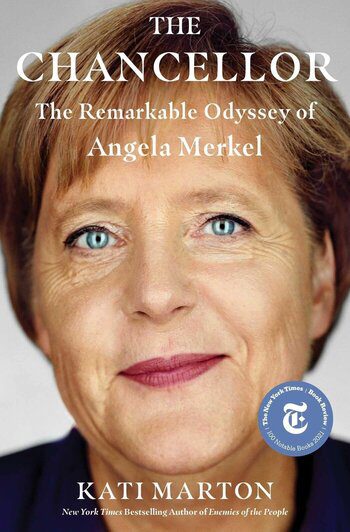Iron Mike Tyson is considered one of the greatest heavyweight boxers of all time. In a career that spanned thirty years (1985-2005), he reigned as the undisputed world heavyweight champion from 1987 to 1990. Tyson made over 400 million dollars in his boxing career. However, he lost most of his wealth due to a series of poor financial decisions, drugs, alcohol and sex addiction. In 2003, Tyson filed for bankruptcy with $23 million dollars in debt.
In It’s Your Ship: Management Techniques from the Best Damn Ship in the Navy, Captain D. Michael Abrashoff shares his experience commandeering the once-underperforming destroyer USS Benfold, to becoming the best ship in the U.S. Navy’s Pacific Fleet.
He reflects on lessons learned, successes and failures made and leadership principles garnered leading the ship.
“My biggest mistake was to focus down the chain of command, trying to improve my ship and my crew, instead of seeing myself as one captain in a battle group.I didn’t do enough to collaborate with my fellow captains as a member of a larger team. Instead, Benfold’s achievements stood on their own, and as a result the battle group wasn’t as strong as it could and should have been.”
Self-mastery is an unending process. Your job is NEVER FINISHED!
In Never Finished: Unshackle Your Mind and Win the War Within, David Goggins takes readers inside his Mental Lab, where he developed the philosophy, psychology, and strategies that enabled him to learn that what he thought was his limit was only his beginning and that the quest for greatness is unending.
Living the Dream: My Life and Basketball by Hakeem Olajuwon is one of my favourite sports biography of all time. I have read loads of biographies and autobiographies, but living the dream stands out. I grew up in Lagos, Nigeria, just like Hakeem. Most of the places and peculiarities about being a Nigerian are very familiar to me, and being of the Yoruba tribe like Hakeem makes the book more relatable.
“Being a Nigerian is abysmally frustrating and unbelievably exciting” – Chinua Achebe
In Living the Dream, Nigerian-American former professional basketball player Hakeem Olajuwon chronicles his life trajectory from growing up in Lagos, Nigeria, in a middle-class Nigerian family. The star of the Houston Rockets chronicles the cross-cultural journey from his Nigerian childhood to the heights of fame with the NBA, discussing his life on and off the court, rivalry with other players, confrontations with owners and referees, and his religious faith.
Jeff Benedict’s biography of Tiger Woods is based on years of reporting and interviews of more than 250 people who worked, played and interacted with Tiger Woods. Benedict is an American author and special features writer for Sports Illustrated, who has written 16 nonfiction books. His biography of Tiger Woods was the basis of a 2-part documentary on HBO, in which he was an executive producer. The book is currently being developed into a scripted television series, which Benedict is also executive producing
The authors could not get either an on-the-record or off-the-record conversation or interview with Tiger Woods himself. Tiger is extremely private and the authors were also unwilling to meet Woods’ condition for such an interview.
The book is a great account of one of the greatest sportsmen/golfers of a generation. The authors describe, among other things – Tiger’s upbringing, his parents’ relationship, growing up as an only child, his father first marriage, and how his parents programmed him for greatness. Tigers rise and fall from grace through gambling, sex addiction and association. The book was a great read as it helps the reader connect various dots about the life of Tiger Woods. The ups and downs, insights on raising a protege and strategies for handling crisis.
The past should be left in the past, or it can steal your future. Live life for what today can bring and not what yesterday has taken away.
While at Duke, Jay Williams was a rising star – he won the 2001 NCAA Championship, won the Naismith College Player of the Year Award, and was named NABC Player of the Year in 2001 and 2002. He was a unanimous first-team All- American. He was drafted by the Chicago Bulls as the second overall pick in the 2002 NBA draft.
Everything was going well for Jason: he was living his dreams with endorsement deals, a luxury condo, a huge NBA salary, fame and a bright future. It all came crashing after a motorcycle accident in 2003.
Every tree has leaves, branches, and roots. Some people are leaves—hanging there for a minute, but a gust of wind can come along, and they’re gone. Some people are branches—holding firm for a while until something more powerful occurs, and they snap and break away. Then, if you are extremely lucky, you meet a root. A root is a person who holds firm regardless of the elements.
In No One Succeeds Alone: Learn Everything You Can from Everyone You Can, American Entrepreneur and CEO of online real estate company Compass, Inc., Robert Reffkin, shares lessons and insights learned in his entrepreneurial and life journey. How he became the youngest-ever White House fellow, created multiple nonprofits, and founded a multibillion-dollar company.
Rich Roll’s Podcast is one of my favourite podcasts to listen to as part of my 365 Podcast Listening Challenge. Rich interviews ultra-athletes, wellness evangelists and personal development professionals to demystify what makes them thick. In Finding Ultra, Revised and Updated Edition: Rejecting Middle Age, Becoming One of the World’s Fittest Men, and Discovering Myself, Rich Roll writes about the mid-life transformation and self-discovery that he underwent at the age of 40, his approach to endurance adventure (Ultraman World Championships, EPIC5 CHALLENGE) and a plant-based diet.
Finding Ultra is a very inspiring book, and I would highly recommend it to anyone on a journey of self-discovery and self-actualization. Rich shared lessons learned, the roller coaster of endurance training and sustaining the lifestyle of an endurance athlete.
They say that the mental aspect of sports is just as important as the physical part. There can be no doubt about that: Being mentally tough is critical. At an Olympic final, you know everybody has physical talent. So, who’s going to win? The mentally toughest.
In No Limits: The Will to Succeed, Swimmer and Olympian with the most medals (28), Micheal Phelps shares the secrets, insights, and lessons learned on becoming one of the most remarkable athletes of our generation. True to one of his mottos: “Performance is Reality,” Phelps is relentless in his training regimen, mental preparation and passionate about execution through visualization and other techniques.
Phelps also writes about the influence of his family (mum and sisters) and his coach, Bob Bowman on his performance and worldview.
No Limit
If you put a limit on anything, you put a limit on how far you can go. I don’t think anything is too high. The more you use your imagination, the faster you go. If you think about doing the unthinkable, you can. The sky is the limit. That’s one thing I definitely have learned from Bob: Anything is possible.
It’s like that at the Olympic Games. Years of training, of hard work, of desire and discipline—all of it compressed into minutes, sometimes just seconds, and time seems to stand still as history plays itself out.
In Play Nice But Win: A CEO’s Journey from Founder to Leader, founder, chairman, and CEO of Dell Technologies, Micheal Dell reflects on the three major battles waged for the soul of Dell Technologies: launching it, keeping it and transforming it. Dell describes the highs and lows of running the business in the midst of changing technology industry.
“The reasonable man adapts himself to the world. The unreasonable one persists in trying to adapt the world to himself. Therefore, all progress depends upon the unreasonable man.” – George Bernard Shaw
American billionaire entrepreneur and philanthropist Eli Broad. shares lessons learned and strategies that made him successful in his six-decade experience of building institutions in the four industries that he had ventured into – Accounting, Real Estate, Retirement Savings and Philanthropy. Eli also narrates his successes and mistakes on his path to greatness and unreasonable which led to building two fortune 500 companies (KB Home and Sun America).
“Over the past six decades, I have had four careers: accounting, homebuilding, retirement savings, and philanthropy. I became the first person to build two Fortune 500 companies from the ground up in two different industries.”
Eli argues that unreasonable thinking can help you achieve goals others may tell you are out of reach, and how to silence the voice of conventional wisdom that too often keeps most of us from attempting to achieve our goals.
“Eli Broad’s life is a great American story, not only because it is a story of hard work and success, but because it’s a story of dreams—of pushing into new frontiers and believing that the impossible can be achieved.” – Michall Bloomberg“Eli Broad’s life is a great American story, not only because it is a story of hard work and success, but because it’s a story of dreams—of pushing into new frontiers and believing that the impossible can be achieved.” – Michael Bloomberg, Mayor of New York City
The inferior man’s reasons for hating knowledge are not hard to discern. He hates it because it is complex— because it puts an unbearable burden on his meager capacity for taking in ideas. Thus his search is always for short cuts. All superstitions are such short cuts. Their aim is to make the unintelligible simple, and even obvious.” – American critic H. L. Mencken
Starting as a college dropout with no family money, Felix created a publishing empire, founded Maxim magazine, and made himself one of the richest people in the UK.
“The bottom line is that if I did it, you can do it. I went from being a pauper—a hippie dropout on welfare living in a crummy room without the proverbial pot to piss in, without even the money to pay the rent, without a clue as to what to do next—to being rich. And I am certainly no business genius, as my rivals will happily and swiftly confirm.” – Felix Dennis
It’s Not About the Bike: My Journey Back to Life is the story of Armstrong’s journey from inauspicious beginnings through triumph, tragedy, transformation, and transcendence. In 1996, at the prime of his career, Armstrong was diagnosed with testicular cancer, which later spread to his lungs, abdomen, and brain, and was only given a 40 percent chance of living.
In It’s Not About the Bike, American former professional road racing cyclist, Lance Armstrong reflects on his upbringing, upstart as a triathlete, cycling career, battling and surviving testicular cancer, and coming back to win multiple tour de France competitions.
In Confessions of an Advertising Man, founder of Ogilvy & Mather and “Father of Advertising,” David Ogilvy shares his philosophy, pioneering ideas and strategies for becoming a successful advertising man. Other topics covered include people management, corporate ethics, office politics, and insights for building a successful advertising business.
The confessions of an Advertising Man was first published in 1963, and it is considered as essential reading for advertising students and practitioners.
In The Chancellor: The Remarkable Odyssey of Angela Merkel, Hungarian-American journalist Kati Marton chronicles the rise and reign of Germany’s first female chancellor, and how this triple outsider—an East German, a scientist, and a woman transformed Germany into the leader of Europe—not just an economic leader but a moral one too—and into an immigrant nation by accepting one million Middle Eastern refugees.
A pastor’s daughter raised in Soviet-controlled East Germany, she spent her twenties working as a research chemist, entering politics only after the fall of the Berlin Wall. And yet within fifteen years, she had become chancellor of Germany and, before long, the unofficial leader of the West.

